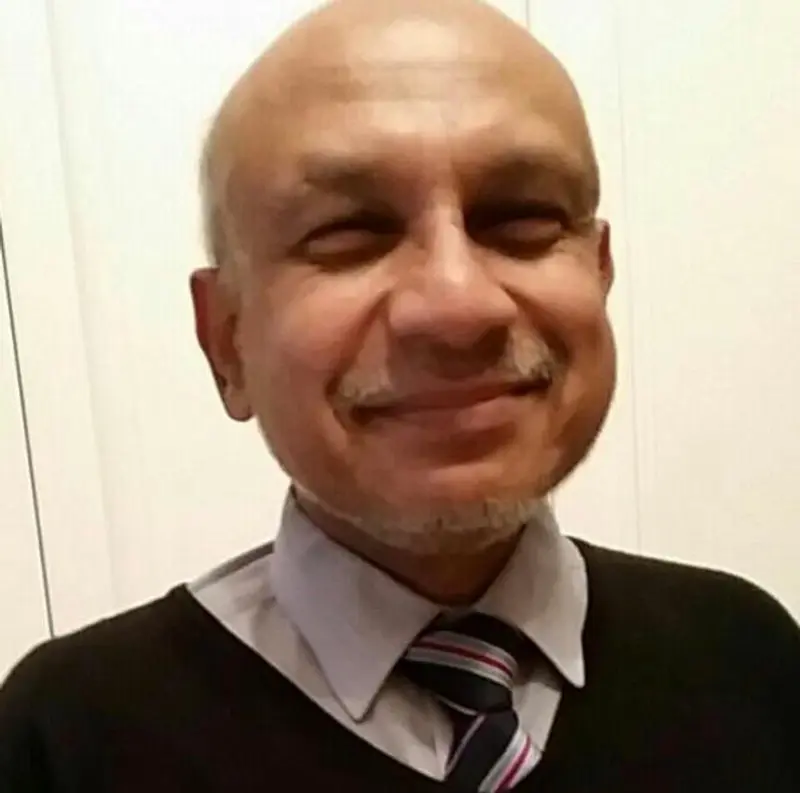

Nadir Mothojakan
4
Counsellor
Online only
About Nadir
Hello,
Are you feeling weighed down by the heavy fog of grief, or has a long-term health condition left you feeling disconnected from the life you once knew? You do not have to carry this alone. With over 30 years of commitment to mental and physical health, I provide a safe, respectful space where you can be truly heard. I also specialise in supporting autistic adults, offering a space where you set aside the ‘mask’ and simply be yourself. Let us work together to find your way back to connection.
I became a counsellor because I believe that even in our most challenging moments, we deserve to feel seen and understood. My approach is shaped by years of supporting families through loss, which has taught me that resilience is not about ‘getting over’ things, it is about finding a way to live a meaningful life alongside them.
In our sessions, you can expect a calm, non-judgmental, and neuro-affirming space. We will not just talk about 'symptoms'; we will work together to help you regain a sense of understanding and control over your daily life. Whether we are finding practical tools for executive dysfunction or creating a 'new normal' after a loss, our work is a partnership.
- Registered Member: BACP (Accredited ).
- Specialised Training:
Trauma Informed Practice,
Adults who were abandoned during Childhood,
Autistic Informed Practice,
Bereavement Support ( Cruse).
- Education: M.A. Counselling( Merit),Goldsmiths College, University of London,
MSc. Health Psychology, City University. UK
M.Sc. Psychology, Open University, Milton Keynes, UK.
When I am not in the therapy room, you will find me volunteering at my local soup kitchens where I meet people from different backgrounds, which helps me stay grounded and refreshed for the work I love.
You are most welcome to book a free complimentary session of 30 minutes to check if we are the right fit for the therapy. Thank you.
Qualifications
- Accredited Member (British Association of Counselling and Psychotherapy)
- M.A. Counselling ( Merit) (Goldsmiths College, University of London)
- MSc. Psychology (Open University, U.K.)
- MSc. Health Psychology (City University, London )
Associations
Services
This information has not yet been submitted
Social Media Profiles
Oh, no accounts have been linked yet.